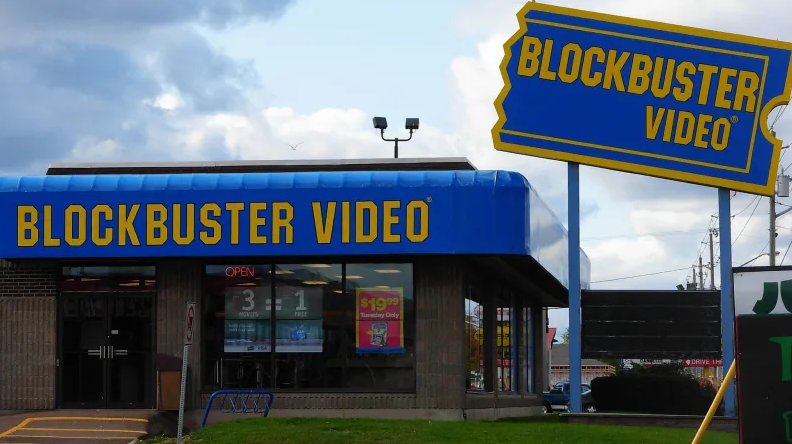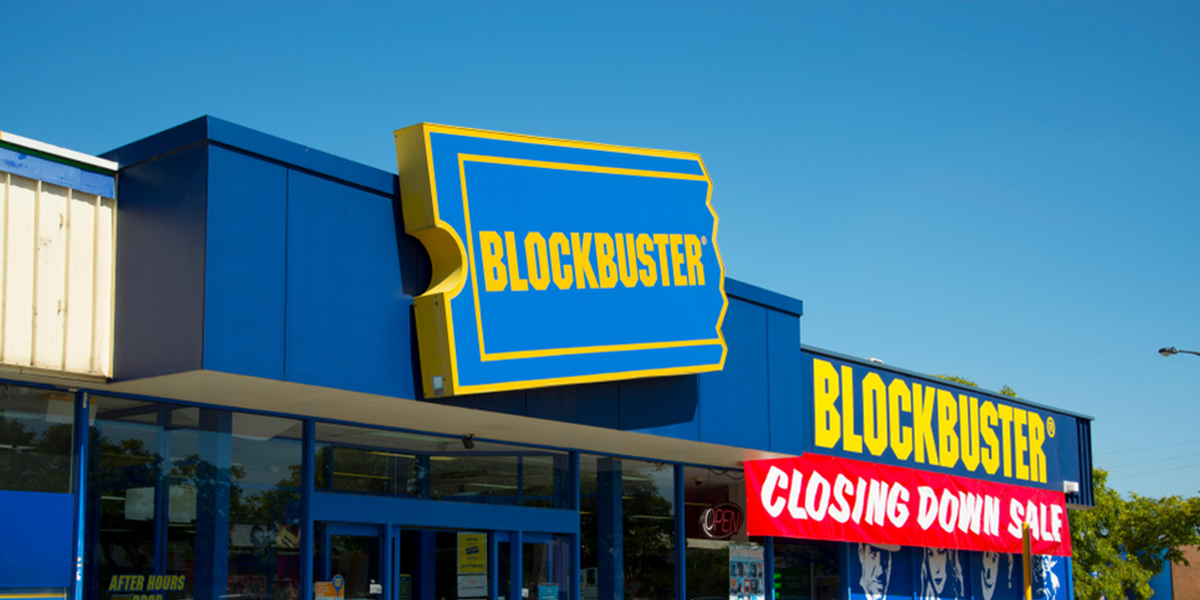The past decade has seen a continuation of the e-commerce explosion that has dominated retail since the late 1990s. In the 2010s, internet trading has matured beyond recognition, with customers now regularly streaming media, purchasing groceries and conducting their banking via the World Wide Web.
However, for every winner, there’s a loser, and the seismic shift in consumer spending habits has led to the demise of many household names that formally dominated the High Street.
According to the Centre for Retail Research, the number of medium or large companies that have failed in the retail sector between 2010 and 2019 (to 9 April) totals 366 – affecting over 18,000 stores and nearly 250,000 employees. This figure includes over 30,000 staff already affected this year alone – compared to less than 7,000 in the whole of 2015.
Fortunately, some of these business failures are major companies that still survive, but have experienced significant difficulties leading to restructuring or a temporary period of administration. Businesses such as Debenhams, L K Bennett, and Patisserie Valerie are all recent additions to this category, and all three brands continue to trade.
But other big-name businesses no longer soldier on – at least in a physical format. Here are five major companies lost from Britain’s High Streets and retail parks during the last decade…

Blockbuster Video
Blockbuster Video was not around in the UK for all too long – with the first store opening in South London in 1989, following its purchase of the Ritz Video chain. In 2002, Blockbuster had over 800 stores, and was still over 500-strong when it went into administration in early 2013.
The fall of Blockbuster is largely put down to the rise in video streaming and its failure to respond to the threat from the likes of Netflix and Amazon Prime Video. It is frequently cited as a cautionary tale, a lesson in how not to respond to a rapidly changing business landscape.

Kodak
Kodak is another brand that, for many of us, represents a blast from the past having largely disappeared from view in recent years.
Another American firm, Kodak dominated the photo film industry throughout the 20th century, but the signs of struggle began even before the turn of the millennium. A failure to move sharply enough into the digital camera scene, which has, of course, itself been usurped by mobile phone cameras and apps such as Instagram, led to Kodak declaring itself bankrupt in early 2012. A slimmer version of the company continues to trade.

Maplin
Maplin has in fact successfully transitioned from physical to digital – but only after enduring plenty of pain and a 217-store collapse. The electronic goods retailer fell into administration in February 2018 and closed all of its stores within the next four months. It has retained a presence, however, relaunching online at the start of this year.
The collapse had been fairly dramatic, given that the firm had been undergoing dramatic expansion plans up to 2015. Initially operating as a mail order business in Essex when it was set up in 1972, the firm reached a turnover of more than £29 million by 1994, and had around 2,500 staff at the time of its collapse.

Toys ‘R’ Us
Toys ‘R’ Us has seemingly fully disappeared from the UK forever, although it has helped spawn a replacement, Tru Kids, which will be at the forefront of its US relaunch.
The toy retailer was set up during the post-war baby boom and used to be huge throughout the world. When it began filing for bankruptcy in late 2017, over 100 stores and nearly 3,000 jobs were put at risk in the UK. Administration followed in late February 2018, and a huge childhood favourite was lost overnight.

Comet
The 2010s were particularly difficult for physical stores operating in electrical and electronic goods. Maplin wasn’t the only big name to cease trading. Comet also collapsed in late 2012 after just under 80 years of trading.
Comet was founded in Hull back in 1933, initially charging batteries for wireless radios. It expanded its products and services over time, and by 2008 had some 240 shops, most of which were based on retail parks rather than on the High Street.
But the credit crunch, coupled with the rise of smartphones, tablets, and online competition, put several nails in Comet’s coffin. Again, the collapse was swift – Comet Group filed for administration on 1 November 2012, and the final store closed by the end of that year.
While some big-name companies have fallen this decade, the total number of UK businesses has risen steadily – from 4.5 million in 2010 to 5.7 million by 2018, a rise of 21%. Later this week, Informi will be focusing on the big risers – those businesses who didn’t exist at the start of 2010 but are now major players, and household names.







